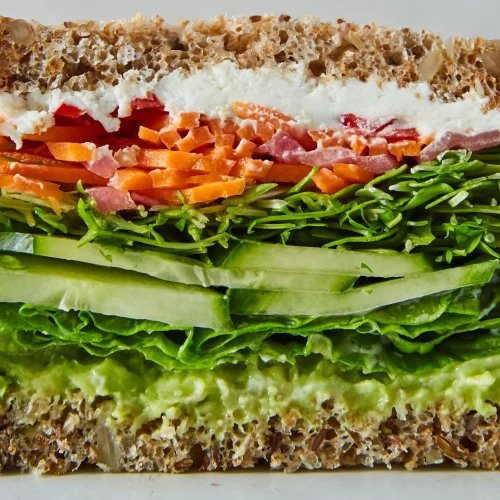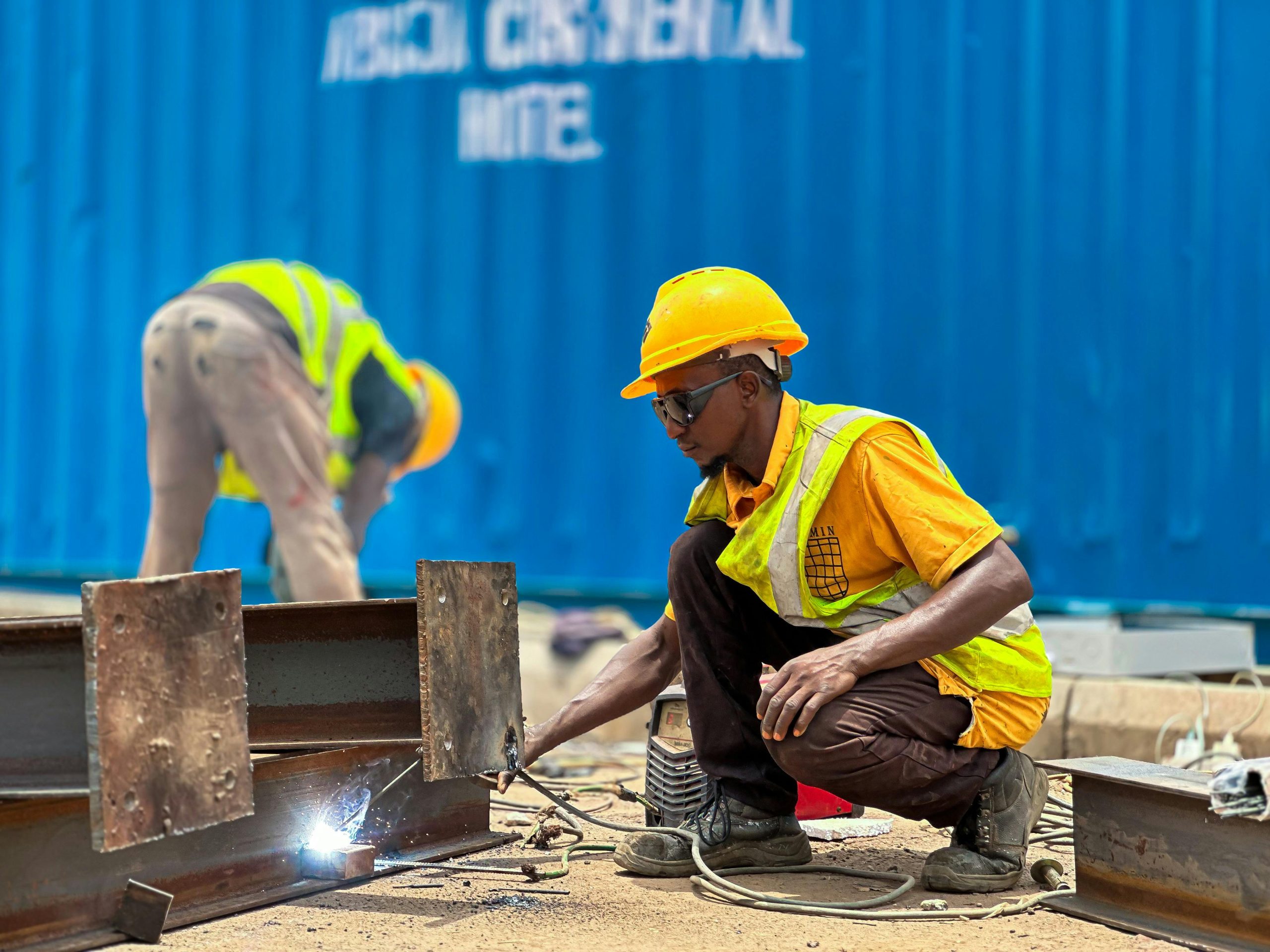In the dynamic landscape of the food service industry, a paradigm shift is underway as businesses increasingly adopt the principles of the Triple Bottom Line (TBL). Balancing profits, people, and the planet has become a strategic imperative for establishments aiming to thrive in a socially and environmentally conscious era.
1. Economic Prosperity: Maximizing Profits Responsibly
The traditional bottom line of profits remains a critical aspect of the TBL. However, a shift is observed towards a more responsible and sustainable approach to economic prosperity. Businesses are incorporating ethical sourcing practices, efficient operational models, and innovative revenue streams to maximize profitability while minimizing negative impacts on the environment and society.
2. Social Responsibility: Nurturing People and Communities
The second facet of the TBL revolves around people. Social responsibility in food service involves fostering a positive impact on employees, customers, and communities. Businesses are prioritizing fair labor practices, employee well-being, diversity and inclusion, and community engagement initiatives to create a work environment that nurtures individuals and contributes to the betterment of society.
3. Environmental Stewardship: Mitigating Impact on the Planet
Environmental sustainability is at the core of the TBL’s third dimension. Food service establishments are adopting eco-friendly practices to mitigate their impact on the planet. This includes reducing carbon footprints through sustainable sourcing, minimizing waste through efficient operations, and embracing renewable energy solutions to contribute to a healthier and more sustainable environment.
4. Ethical Sourcing and Supply Chain Transparency
In alignment with the TBL’s principles, businesses are placing increased emphasis on ethical sourcing and supply chain transparency. Establishing partnerships with suppliers committed to fair labor practices and environmentally sustainable methods ensures that the entire supply chain aligns with the values of the Triple Bottom Line.
5. Employee Well-being and Development
Prioritizing employee well-being and development is a key element of the people-focused dimension. Food service businesses are investing in training programs, providing opportunities for career advancement, and creating inclusive workplace cultures that not only attract top talent but also contribute to the personal and professional growth of their staff.
6. Waste Reduction and Circular Economy Practices
Mitigating the impact on the planet involves comprehensive waste reduction strategies and embracing circular economy practices. From minimizing food waste through innovative menu engineering to implementing recycling programs and sustainable packaging solutions, businesses are actively working towards a more circular and environmentally friendly operation.
7. Community Engagement and Partnerships
The TBL encourages food service establishments to actively engage with and contribute to their communities. Establishing partnerships with local organizations, supporting charitable initiatives, and actively participating in community events foster a positive relationship between businesses and the societies they serve.
In conclusion, the Triple Bottom Line is transforming the food service industry by challenging businesses to consider not only their economic prosperity but also their social and environmental impacts. Embracing this holistic approach ensures a more sustainable, ethical, and resilient future for food service, where profits, people, and the planet are all integral components of success.




